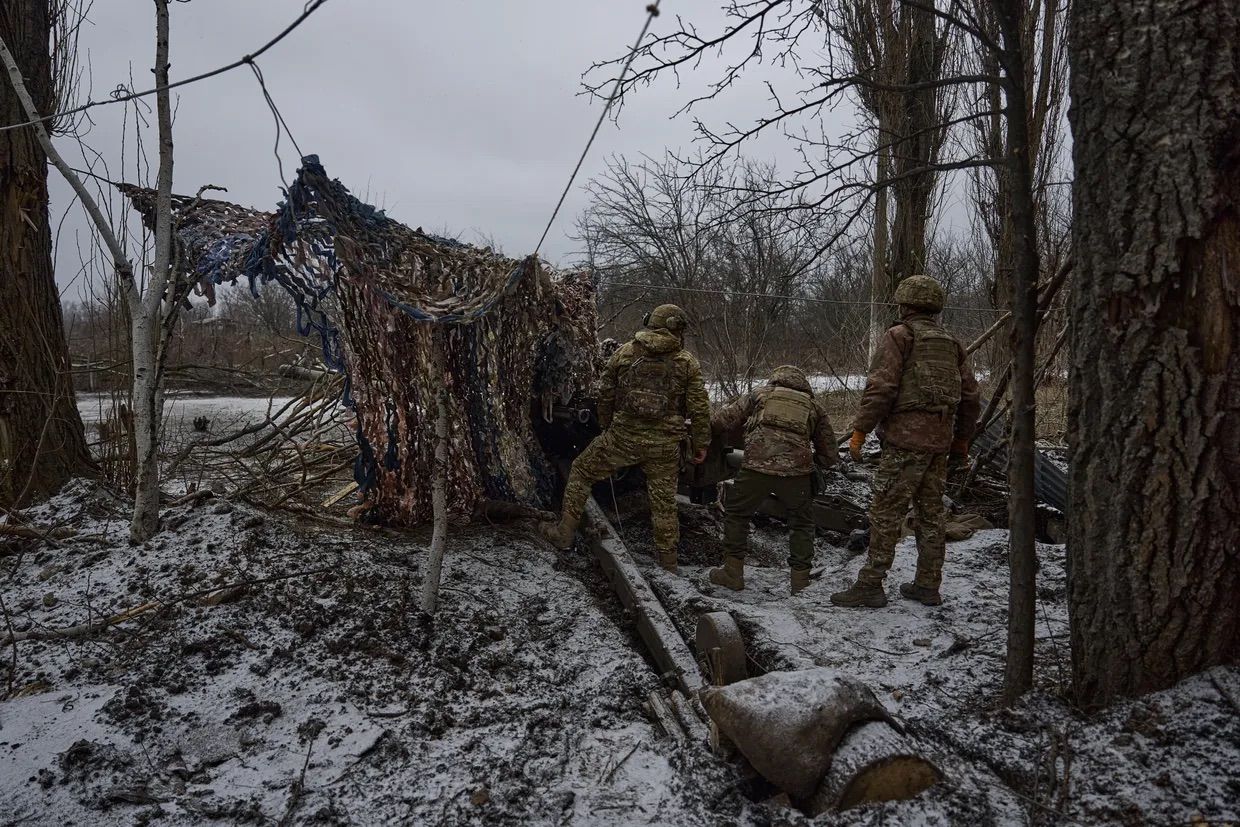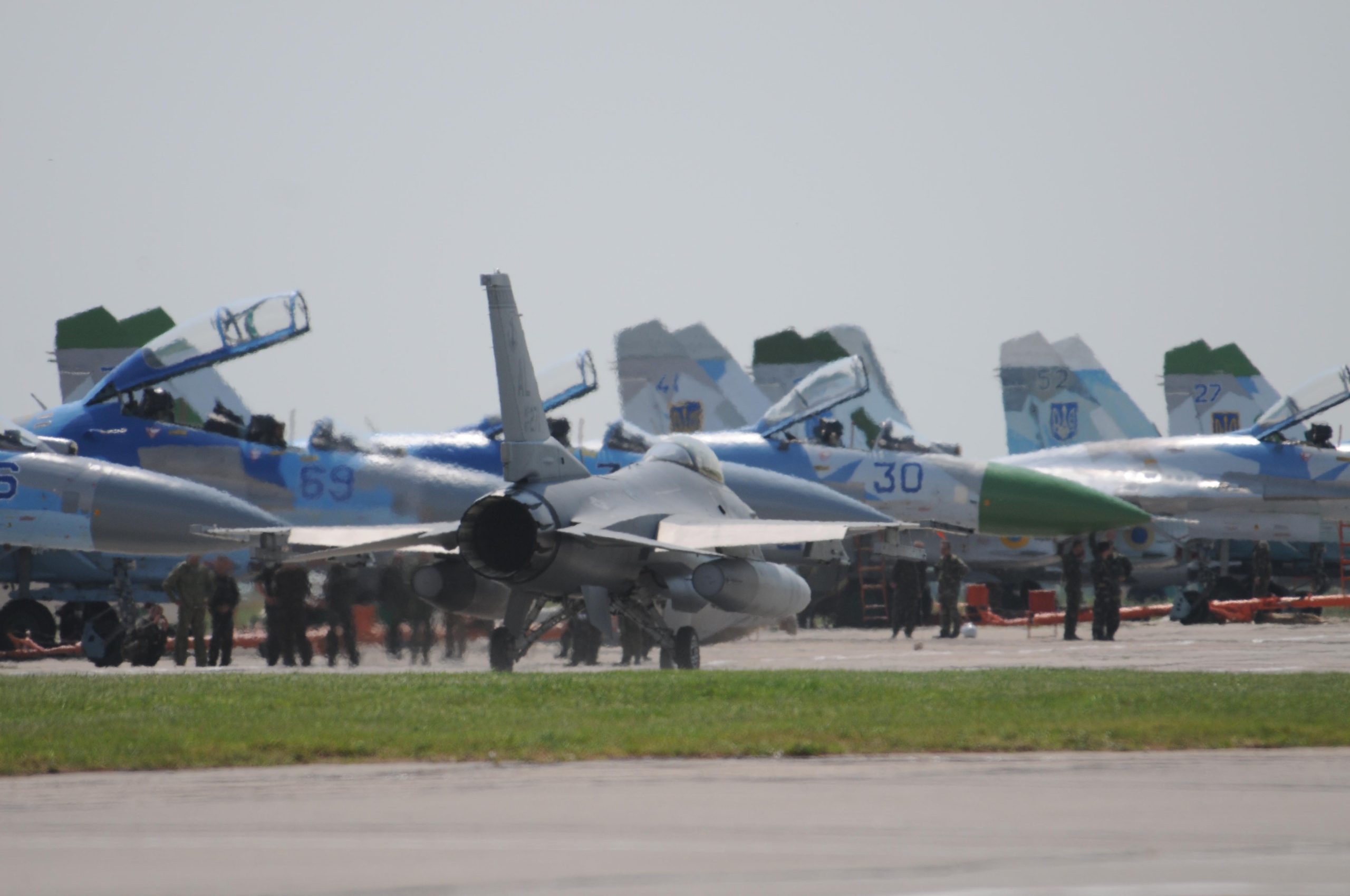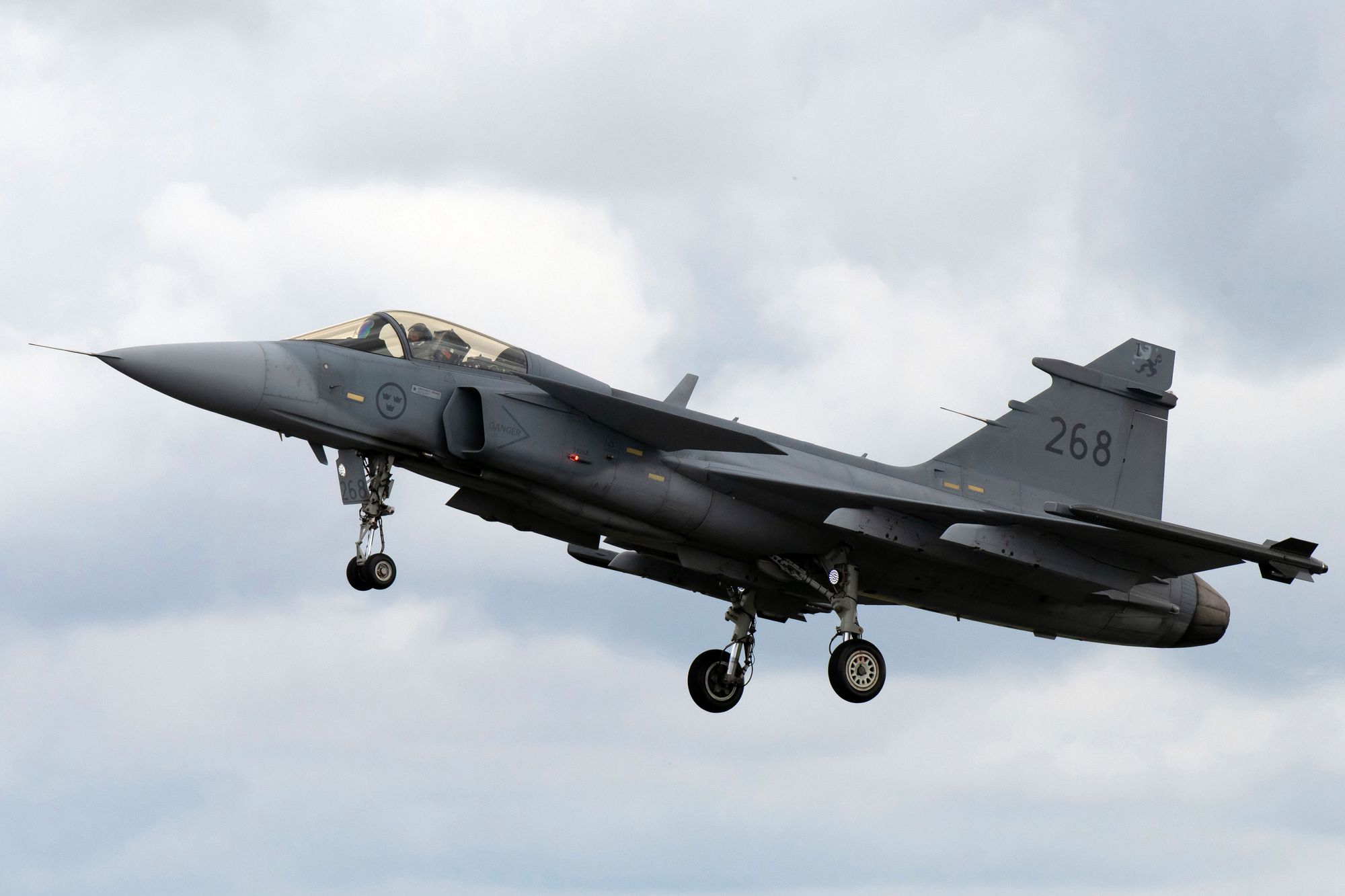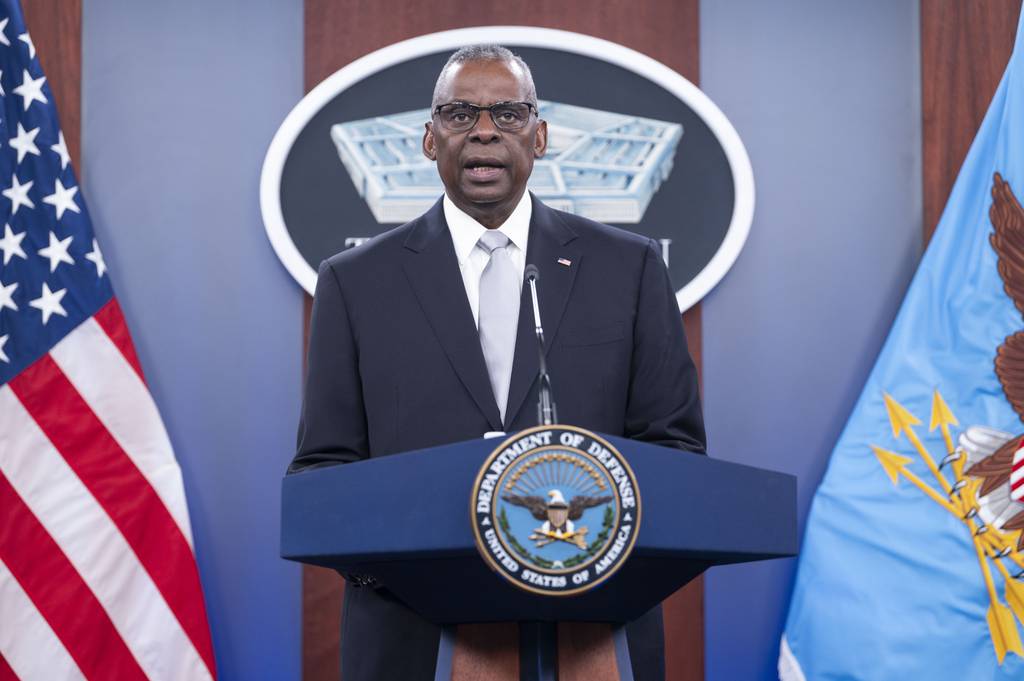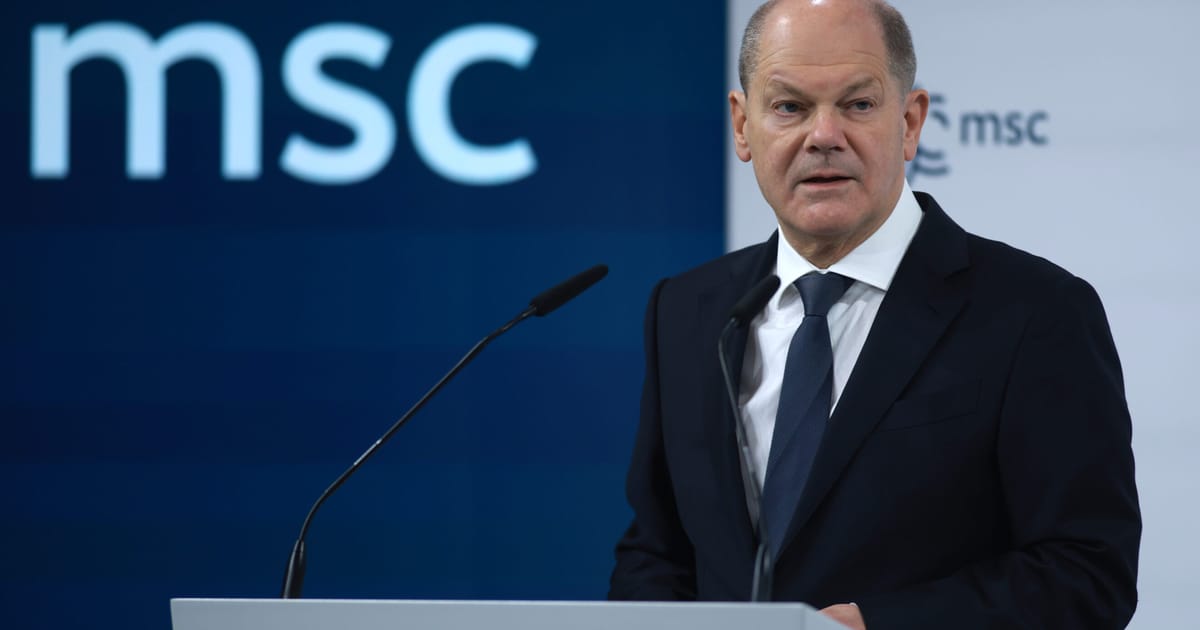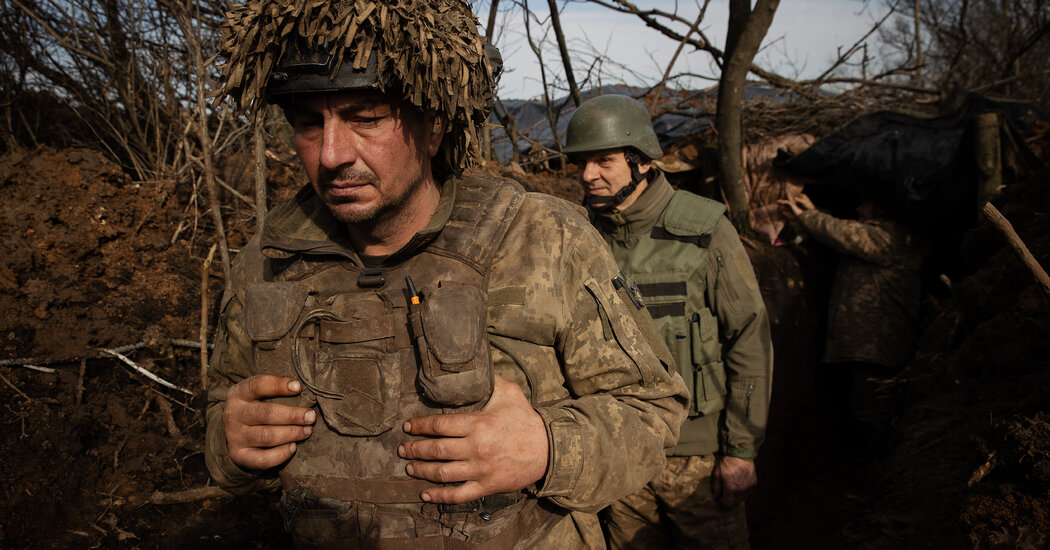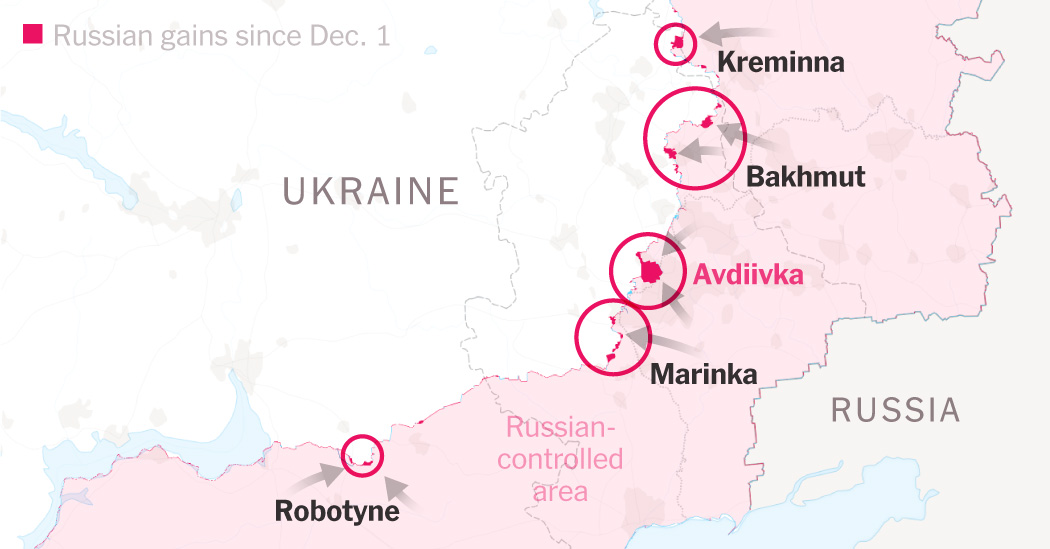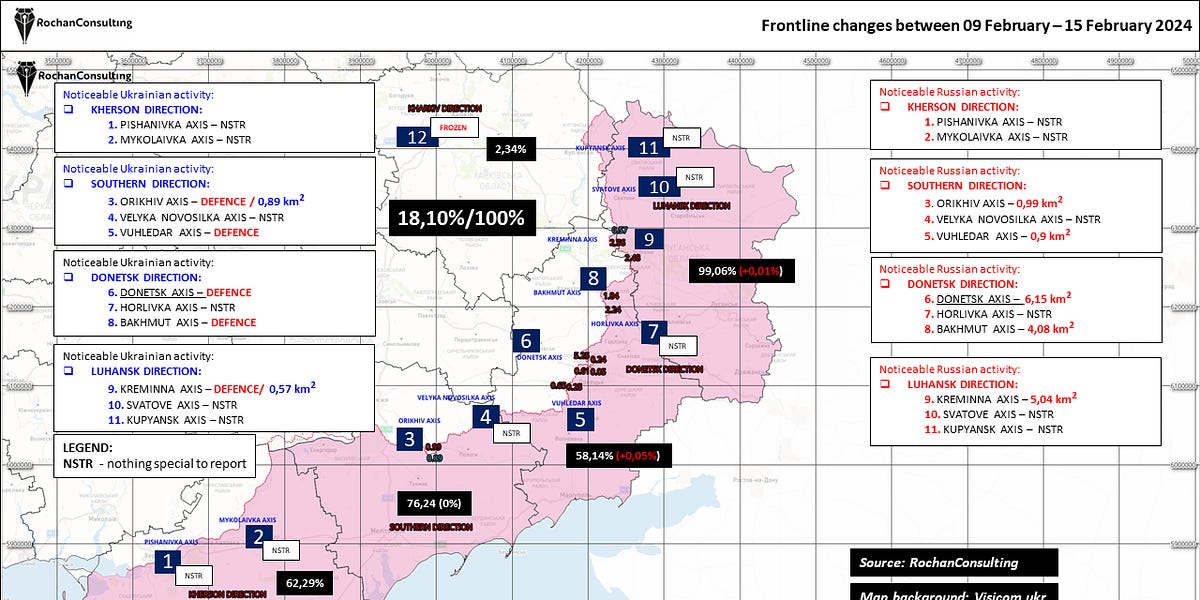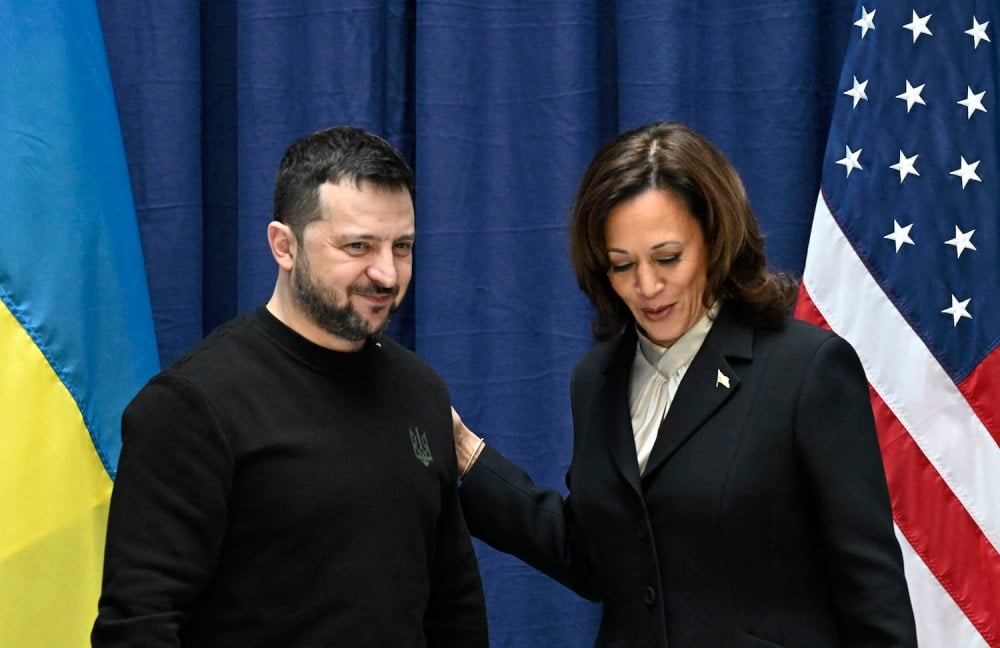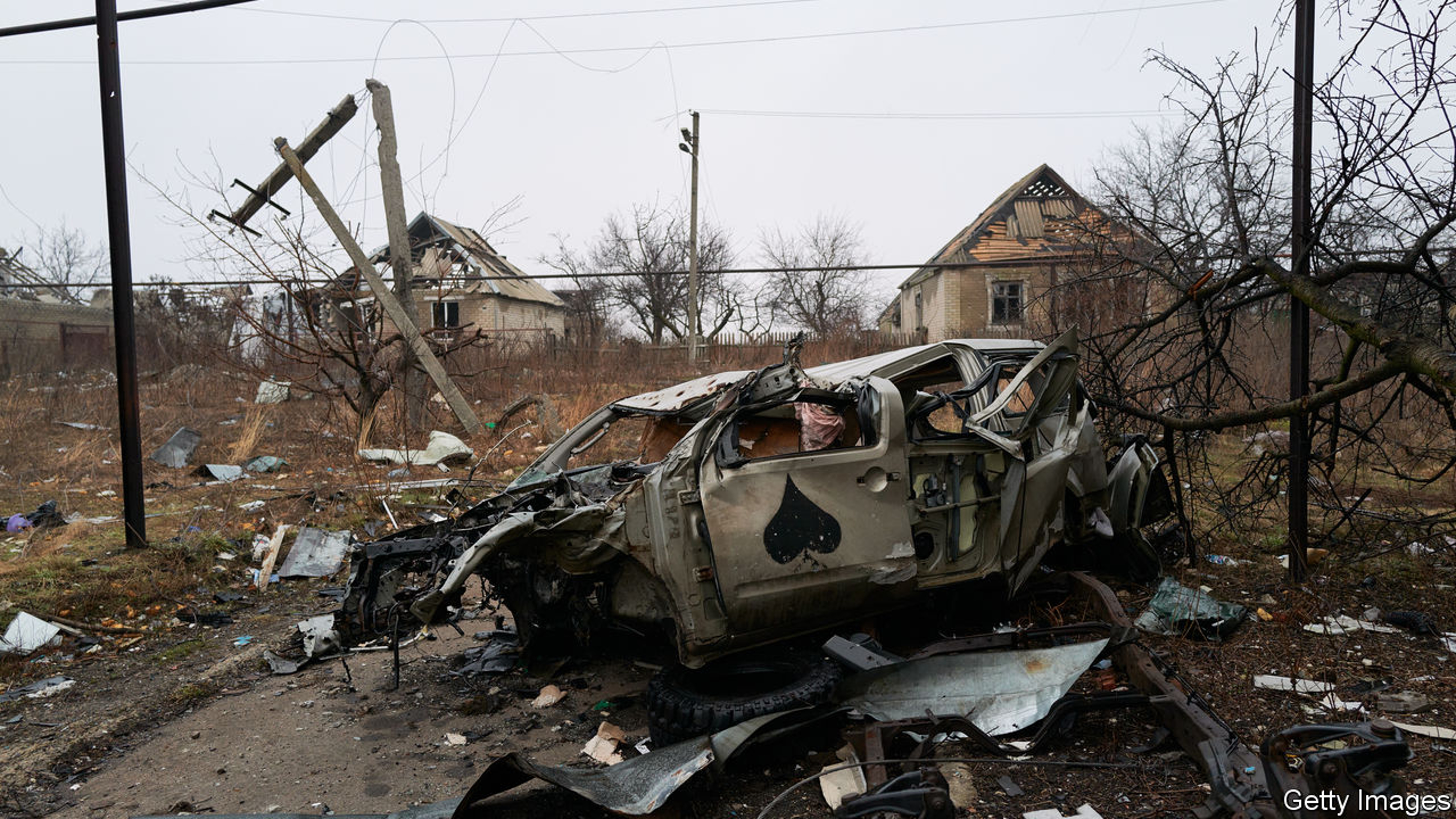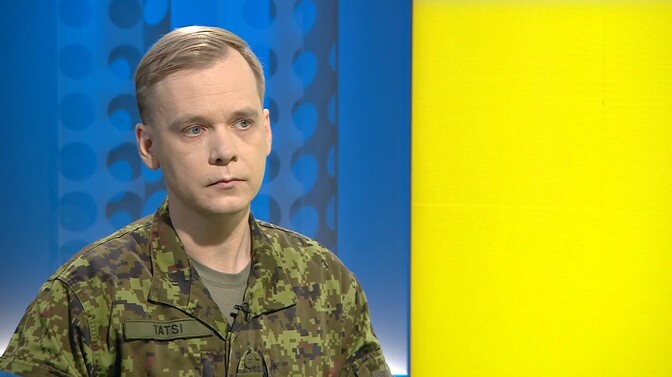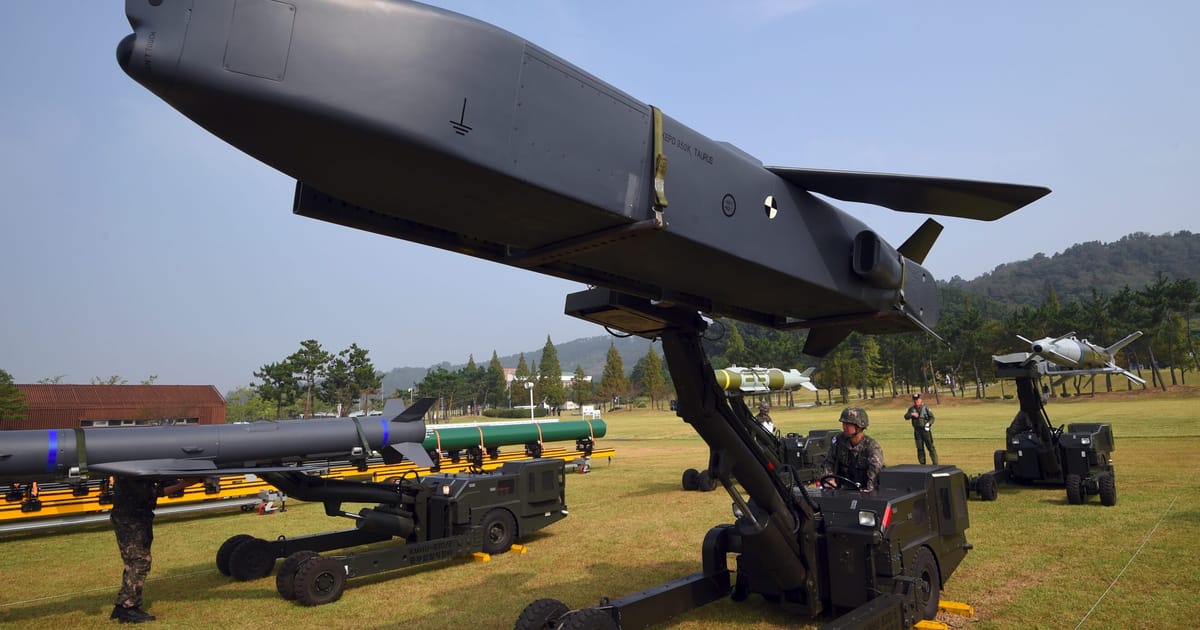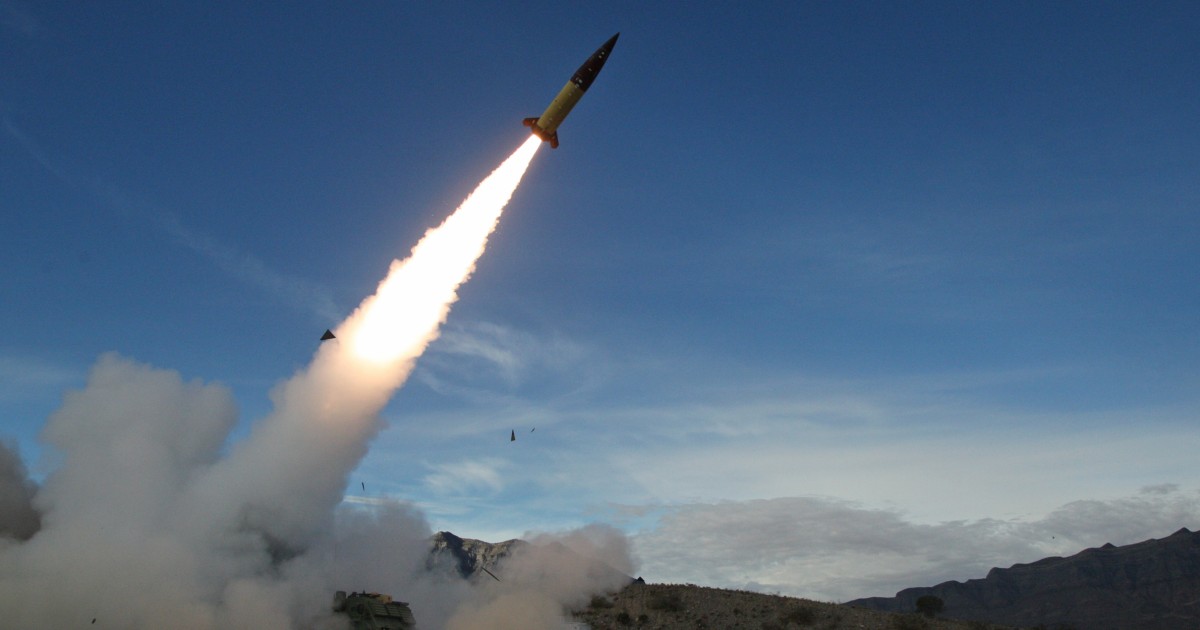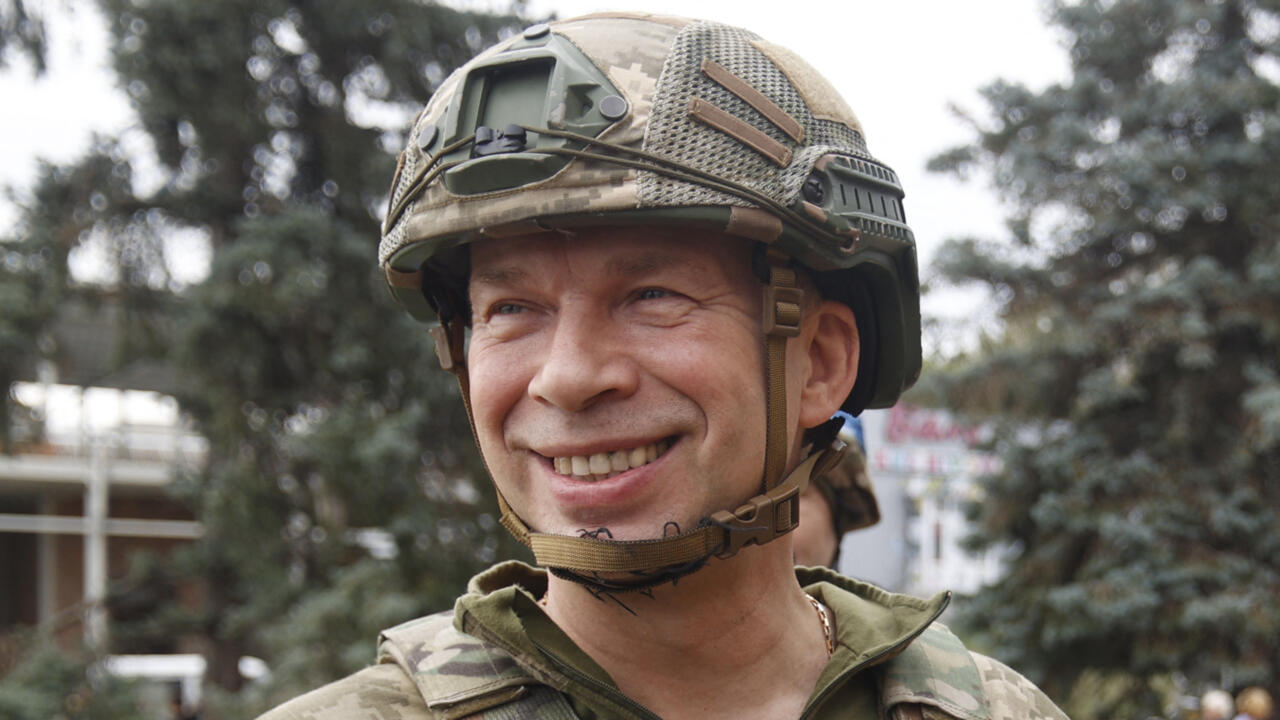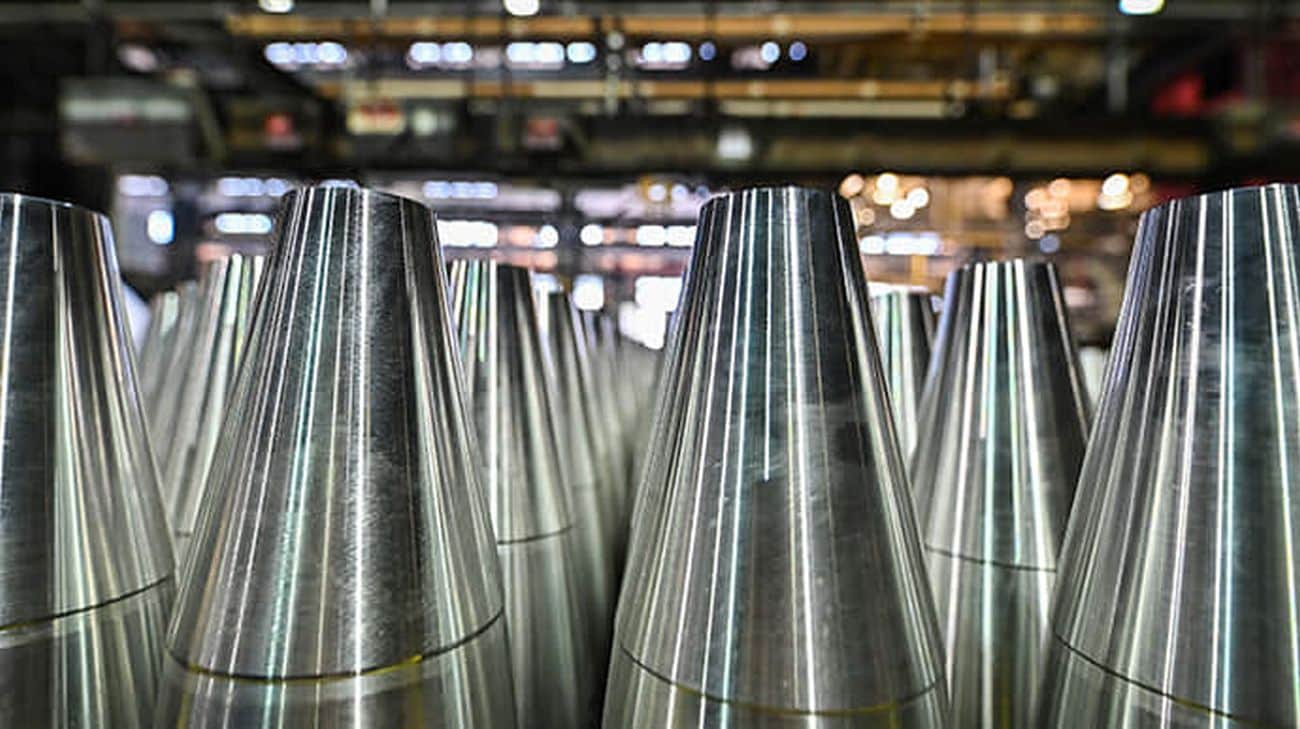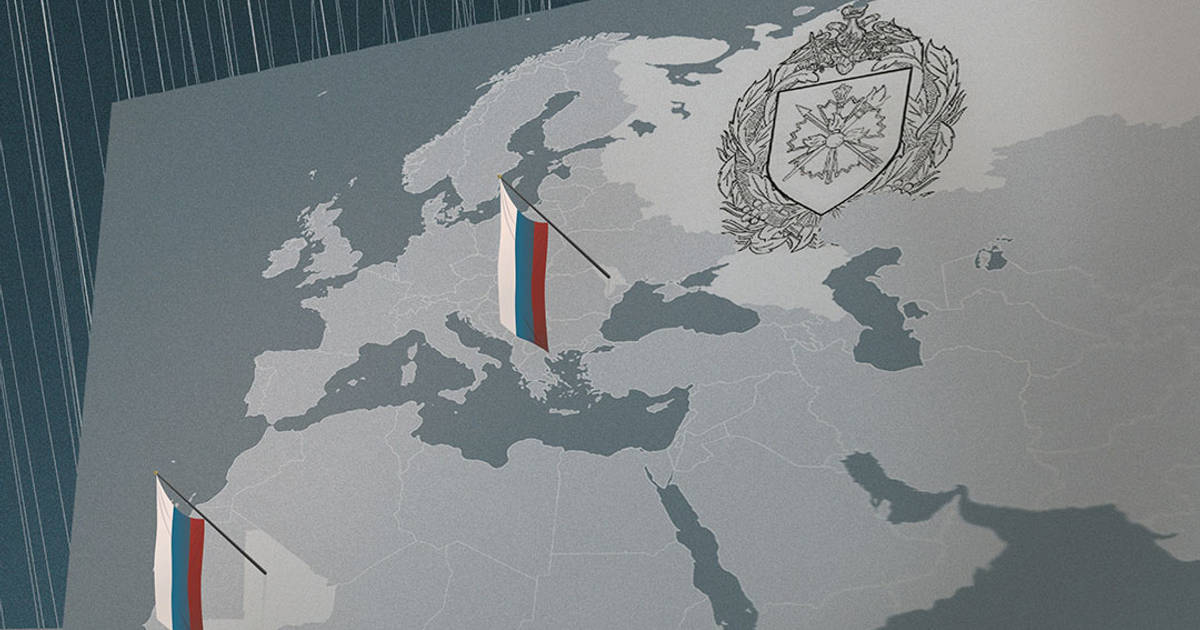beer 30
Footballguy
Stop? no. Quit allowing them to dictate the shape of our economy and thus lobby for the US to ever expand it's militaristic tendencies? yea.You can feign that this is a Ukraine-Russia thing without US/NATO involvement but you're just putting your head in the sand IMO. All three need to be in the room to get this resolved.That someone in the room need to be Ukrainian or Russian, not someone from another non-combatant nation.Let's agree that this has to come to an eventual end, whether the Ukrainians run out of cannon fodder or the West bleeds Russia, at some point someone in the freaking room needs to raise there hand and ask, "can we talk?" Right? Can we agree on that? Or we just fomenting perpetual war on the backs of a country we have no strategic interest in other than to weaken our once...ONCE, rival who is nowhere near the super power they once were? All the while China sits back and giggles while we waste treasury, Russia wastes what will soon be two generations and Ukraine will simply turn into a 4th world Dante's pit of hell when it's all said and done. I don't want to get into fight over this but does no one but me see the futility of this?
I disagree that we are wasting our treasury on this. It is likely to result in an increase in defense procurement, but again most of the materiel donated to Ukraine have been gear that the US isn't going to use or need any time soon.
To your second comment, well, Eisenhower was right is all I have to say.
if America truly desires to stop the military industrial complex it had best be ready for a bunch of changes that they probably won't like.
The implication from your statement is twofold: 1.) that US would suffer in the world by not continuing it's weapons trade with NATO and all our partners, presumably from a perception standpoint. Meaning the US would be looked down upon, not as strong, maybe no longer a super power and/or 2.) the economic impact the shrinking of the military industries would have on the US as a whole. Tell me if I'm reading it wrong and apologies if I am.

